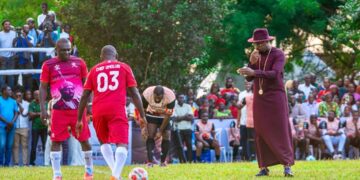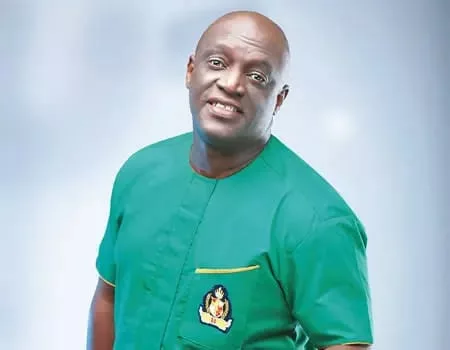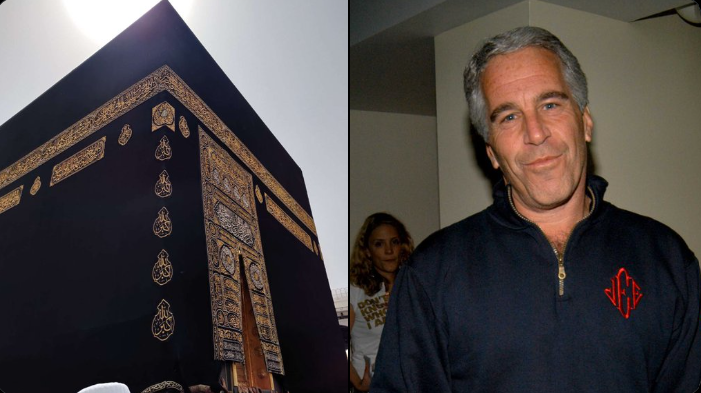Osun, state, western Nigeria. Osun state was created in 1991 from the eastern third of Oyo state. It is bounded by the states of Kwara on the northeast, Ekiti and Ondo on the east, Ogun on the south, and Oyo on the west and northwest. The Yoruba Hills run through the northern part of Osun state. The state has a covering of tropical rain forest, and the Oshun is the most important river. Osun state is inhabited mainly by the Yoruba people.
Osun has a fairly large population. According to the 2006 National Population Census, the population of the state is put at 3,423,535. The state is rich in human and material resources.
Historical evidence shows that the Yoruba tradition is one of the earliest and dominant traditions in Nigeria. The people of Osun are predominantly Yoruba. The state is composed of Osun, Ifes, Ijesas and Igbominas. Their language is Yoruba but there are variations in intonation and accent in across the towns and cities.
Commercial activities have brought the people of the state in contact with non-indigenes and foreigners who have adopted the state as their homes owing to the peaceful nature of the people and prevalent atmosphere.
Osun is culturally rich and this can be seen in all spheres of life such as arts, literature, music and other social activities in the state. Similarly, the state is blessed with a highly literate and articulate populace which makes up a strong and productive workforce
Being an agrarian state, agriculture is largely practised both at commercial and subsistence scales and this attracts people from outside the state.
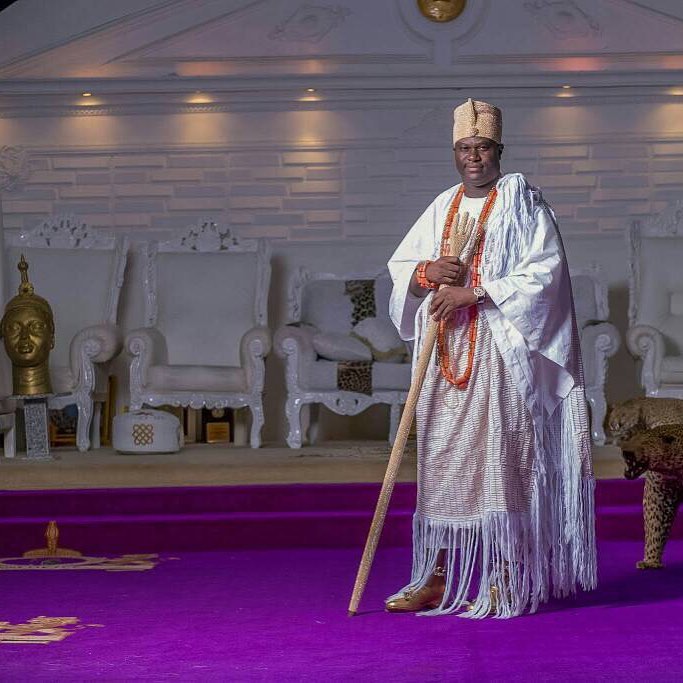
Traditional Institutions
The traditional institution such as Kingship which dates back to pre-colonial era is still held in high reverence in the state. Their foresight, determination and aggressiveness led to the creation of Osun .Obas as they are called play pivotal roles in ensuring peace and stability in their domain as well as preserving the age-long tradition and culture
The State is blessed with qualitative traditional rulers, highly educated and sound in their various field of endeavour thus using it for the overall development of their people and domain. They are highly enlightened, widely travelled and committed to the progress of the state in general.
Foremost traditional rulers in the state includes the Ooni of Ife, The Ataoja of Osogbo, The Owa Obokun of Ijesa Land, The Timi of Ede, Oluwo of Iwo, Akinrun of Ikirun, Alapomu of Apomu kingdom and a host of other traditional rulers.

Commerce
Osun’s economy is based mainly on agriculture. Major crops include yams, cassava (manioc), corn (maize), beans, millet, plantains, cacao, palm oil and kernels, and fruits. Cottage industries produce brass work, woven cloth, and wood carvings.
Oshogbo, the state capital, has a textile industry, a food-processing plant, and a steel-rolling mill. The state’s tourist attractions include the Mbari Arts Centre at Oshogbo, the residential palaces of Yoruba rulers in Ilesha and Ile-Ife, and the Osun-Osogbo Sacred Grove, a forest that contains several shrines and artwork in honour of the Yoruba deity Osun (designated a UNESCO World Heritage site in 2005). The Obafemi Awolowo University (founded in 1961) is at Ile-Ife. Oshogbo is linked by road and railway to Ibadan in Oyo state.
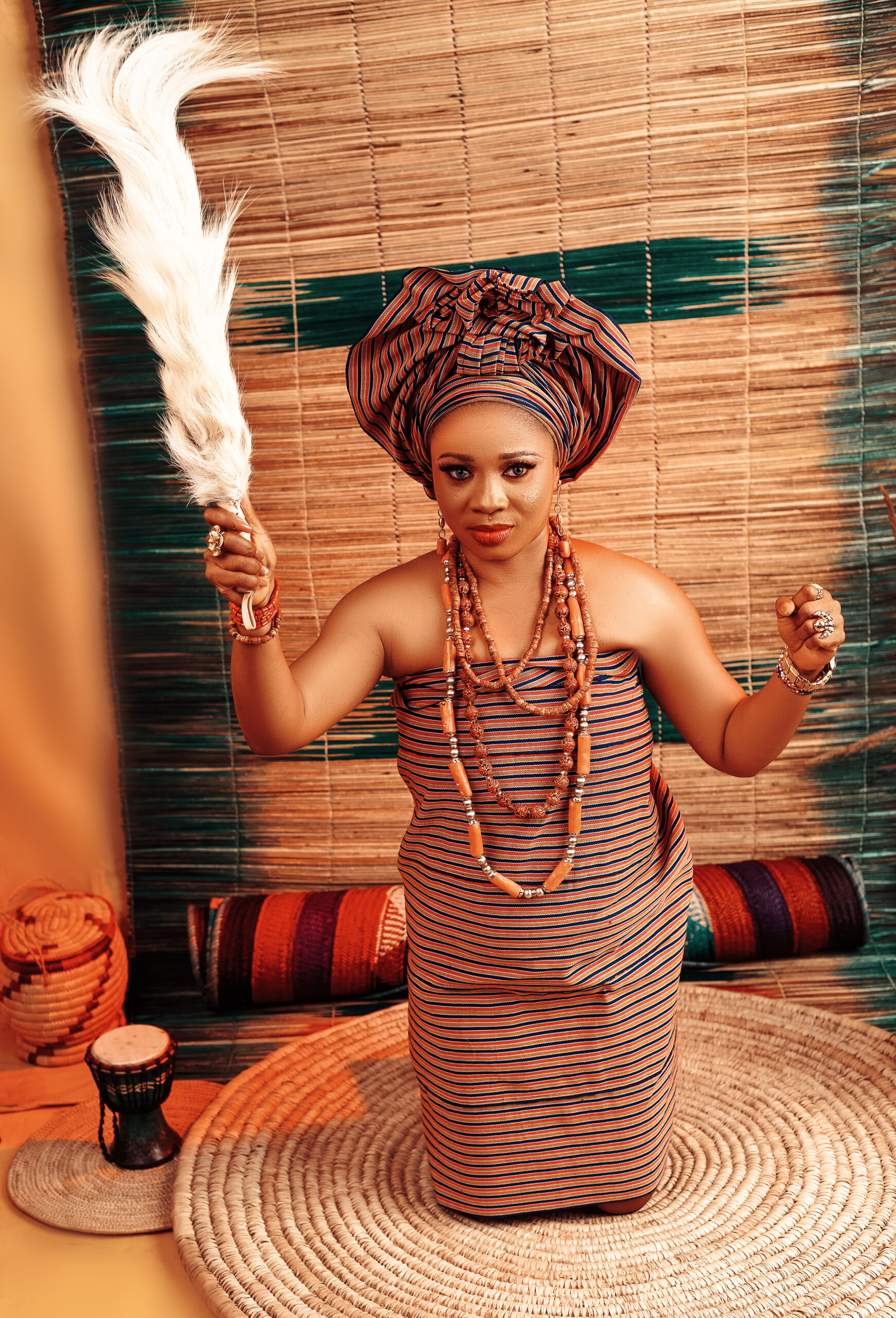
Others
No state in Nigeria is as culturally rich as Osun. The state has produced cultural icons like Chief Duro Ladipo, Twin Seven Seven, Nike Art Gallery and the famous Susan Wenger popularly known as Adunni Olorisa. The state is famous for festivals such as Osun Osogbo International Festival, Olojo Festival in Ife, Iwude Festival in Ilesa. Osun is also blessed with numerous tourist attractions like the Kiriji War Museum, Erin Ijesa Waterfalls, Oranmiyan staff at Ife Ife Museum, Obafemi Awolowo University Zoological Gardens, Ayinkunigba water falls, Mbari-Mbayo Cultural Heritage, Idi Baba Cultural Centre, Igbo Sango at Ede. These tourists’ sites are potential sources of revenue generation.
Innersloth Limited is a company into protecting cultural heritages across Africa. For more information, send your enquries to innersloth@freelanews.com








